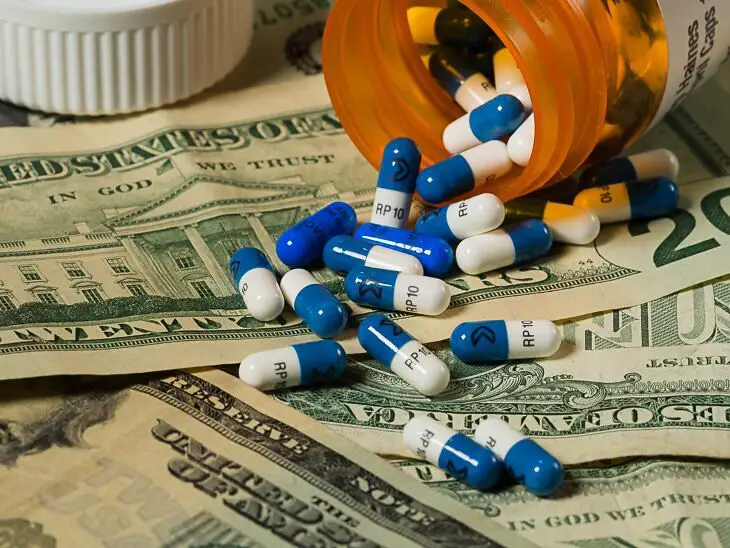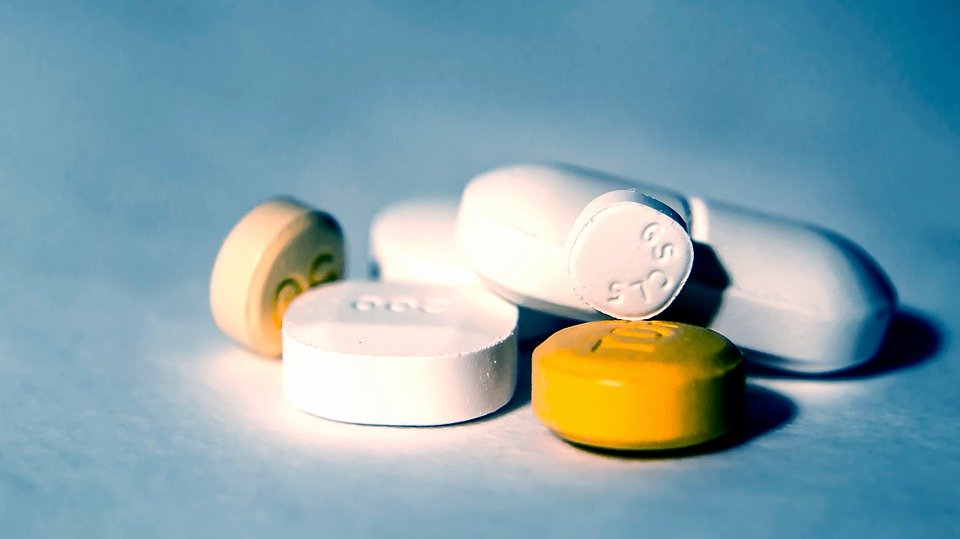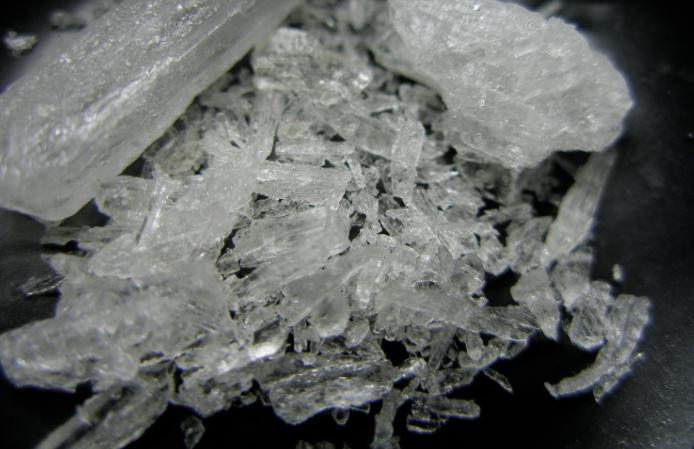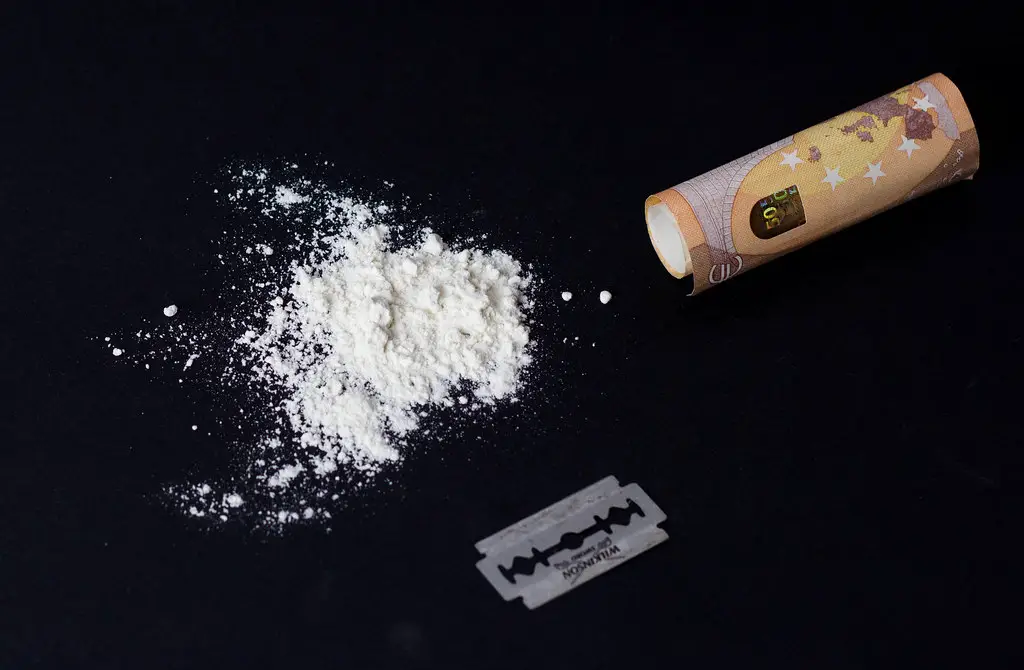The 10 Most Addictive Drugs Known to Mankind
DISCLOSURE: As an Amazon Associate, I earn from qualifying purchases.
Drugs; you can’t live with them and you can’t live without them. There are a number of dangerous drugs currently rolling in the streets, with high addictive levels.
Some of these drugs happen to be non-addictive, while others are generally more fulfilling and addictive. Knowing about the most addictive drugs can help you determine the kind of mess you or some loved one is.
In this article we have compiled a list of the top 10 most addictive drugs in the market. Drugs can be dirty, and getting to know about them is just as dirty.
This list has been compiled with research from past studies and by going down to the streets. Fact is drugs that sell well, happen to be addictive as well and if you have them in your system, you cannot pass a drug test for employment or any other purpose.
-
- Heroin
Heroin is the first substance on our list and is known for having quite a reputation. The drug is incredibly addictive and has a debilitating, yet soothing impact on the mind and brain.
When you consume heroin, your brain helps it bind with opioid receptors within the body. This binding helps stimulate an extensive release of dopamine, beyond the structural capacity of your body.
Unfortunately, failure to provide your body with heroin can lead to a stall in the overall release of dopamine. This forces you experience symptoms of nausea, depression, hallucinations and physical pain.
All of these symptoms will be forcing you back towards the drug and the momentary relief that it offered you.
- Crack Cocaine
Crack cocaine is second on our list, and sits slightly under heroin. Crack cocaine is a kind of substance that is smoked, and not snorted.
While the methods of consumption are different, the impact of crack cocaine on your brain and body is the same as it is with normal cocaine.
The high achieved through cocaine is quicker and more intense. Addicts feel extreme levels of energy with doses of happiness and excitement.
These feelings are extreme, and can lead to anger, anxiety and depression and whether. Getting off crack cocaine is even more difficult than it is with normal cocaine.
- Nicotine
Nicotine might not be as dangerous as some as the other substances on this list, but it sure is our top 3 for most addictive.
Nicotine is addictive, because it influences activity within a neurotransmitter of your brain. This neurotransmitter is named as nicotinic and forces you to regularly ingest nicotine to feed the urge for it.
Withdrawal symptoms are extremely common in people looking to cut down on smoking or chewing tobacco. These symptoms are severe and can vary based on the intensity of the addiction itself.
- Methadone
Methadone is addictive, but less dangerous than heroin, which is why it is commonly used as a substance one can take during withdrawal. Methadone is prescribed by medical experts in cases related to opiate withdrawal. Like heroin, methadone also happens to be an opiate and has a similar impact on the brain. However, it is less addictive.
The dose for methadone during withdrawal are monitored and tapered to make sure that the brain processes forming the addiction are made less intense.
- Crystal Meth
Crystal meth is an alternate but potent form of methamphetamine. Crystal meth, also known by the street name of Ice, is different than its parent drug when it comes to cravings.
You crave the drug, because the neurons producing dopamine and norepinephrine are damaged due to extensive use. So, when you stop consuming the drug, you face extremely severe symptoms of withdrawal.
When you consume crystal meth, your brain might be performing well in the moment, but that relief is extremely short-lived.
- Barbiturates
Barbiturates were initially used to treat anxiety and depression in patients, but they have now been replaced with benzodiazepine drugs.
Barbiturates have been found to be addictive, with withdrawal symptoms that parallel those of alcohol. You can experience cramps, nausea, seizures, anxiety, hallucinations and vomiting while withdrawing from the drug.
- Alcohol
The legal status of alcohol is perhaps one of the greatest factors associating with its addiction. However, the impact that alcohol has on your mind and body can also prove important here.
The body of a person drinking alcohol reduces dopamine and endorphins in high quantity. This gives them a short-lived feeling of happiness, which is followed by greater depression and anxiety when the impact wears off.
People who become addicted to alcohol are reliant on the drug for releasing dopamine and endorphins. Hence, they are never able to withdraw from this addiction.
- Cocaine
While cocaine is less potent than its sister drug of crack cocaine, it still is dangerously addictive. The drug helps release dopamine within the body, and makes you accept and crave the feeling of being high on cocaine.
The quickness of its potency and the depleting tolerance make this drug highly addictive for whoever consumes it. Psychological dependence with cocaine can be on the higher side.
-
- Benzodiazepines
Benzodiazepines are used for treating anxiety and depression within patients. They are also commonly used for treating seizures.
However, some patients can develop an addiction for the drug during the course of their addiction. They feel addicted to it and are not able to withdraw. Symptoms of addiction include nausea, panic attacks and anxiety.
- Amphetamines
Amphetamines are heavily used in the medical industry for treating ADD and ADHD, for treating sleep disorders and for helping increase your energy levels. Dexedrine, Adderall and Desoxyn are all the different legal forms of amphetamines.
While there are other illegal and more addictive strains of amphetamines to worry about, we believe the legal ones used in medicine can also be addictive. The drug imitates the production of dopamine and makes you feel relaxed and happy. The relief is, however, short-lived.



